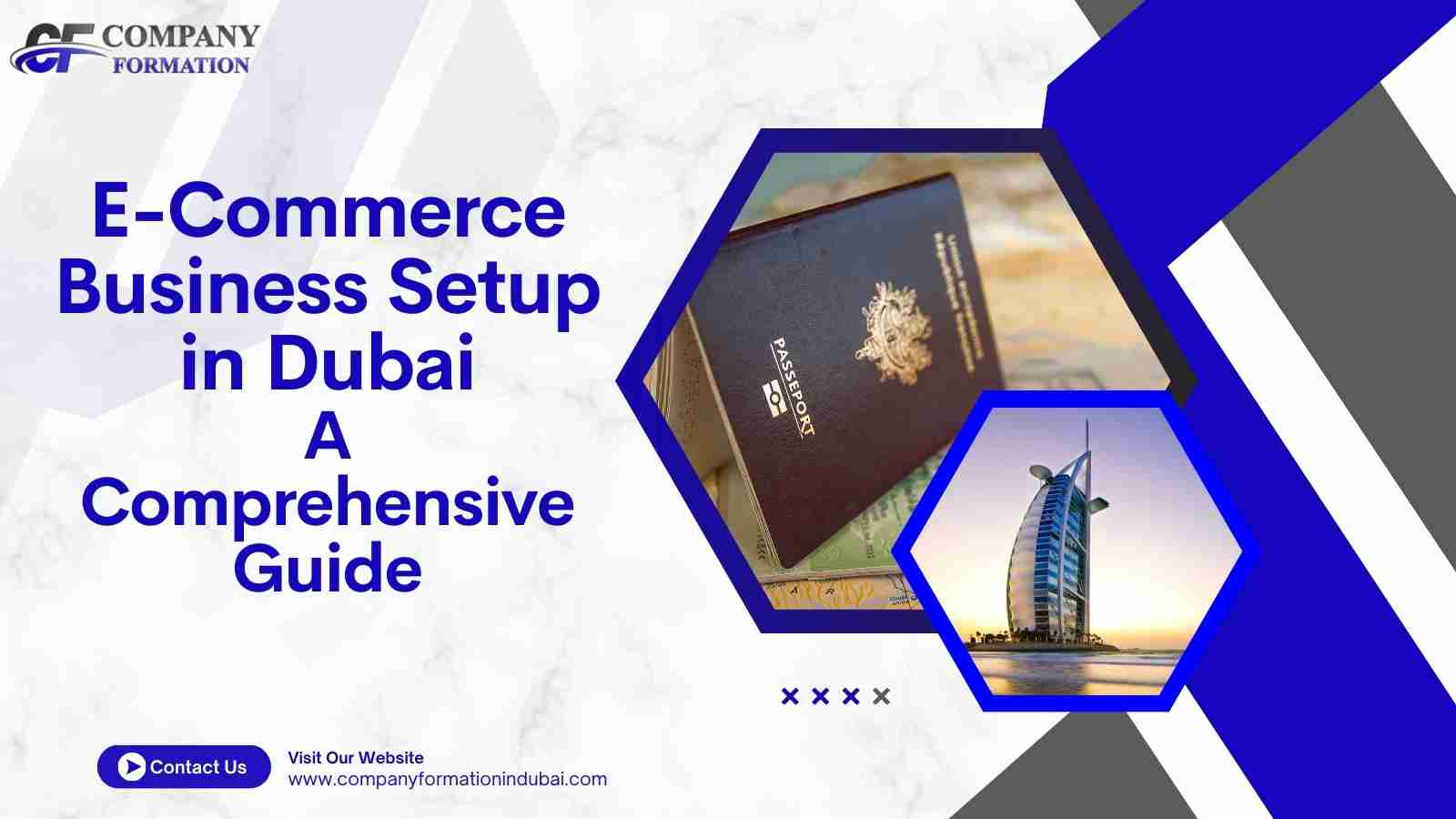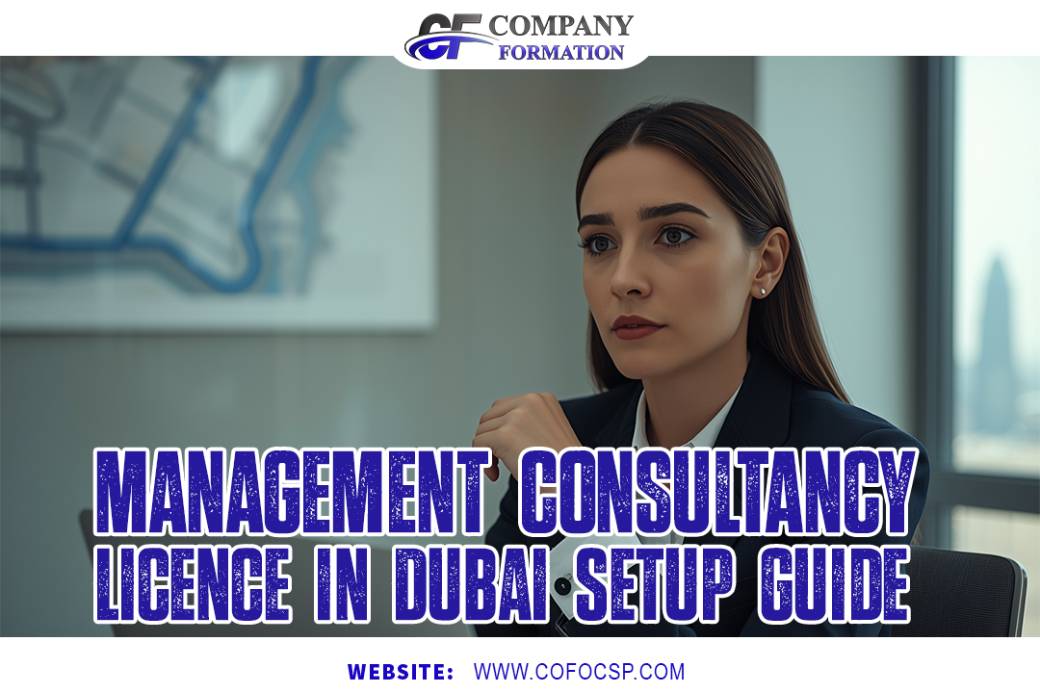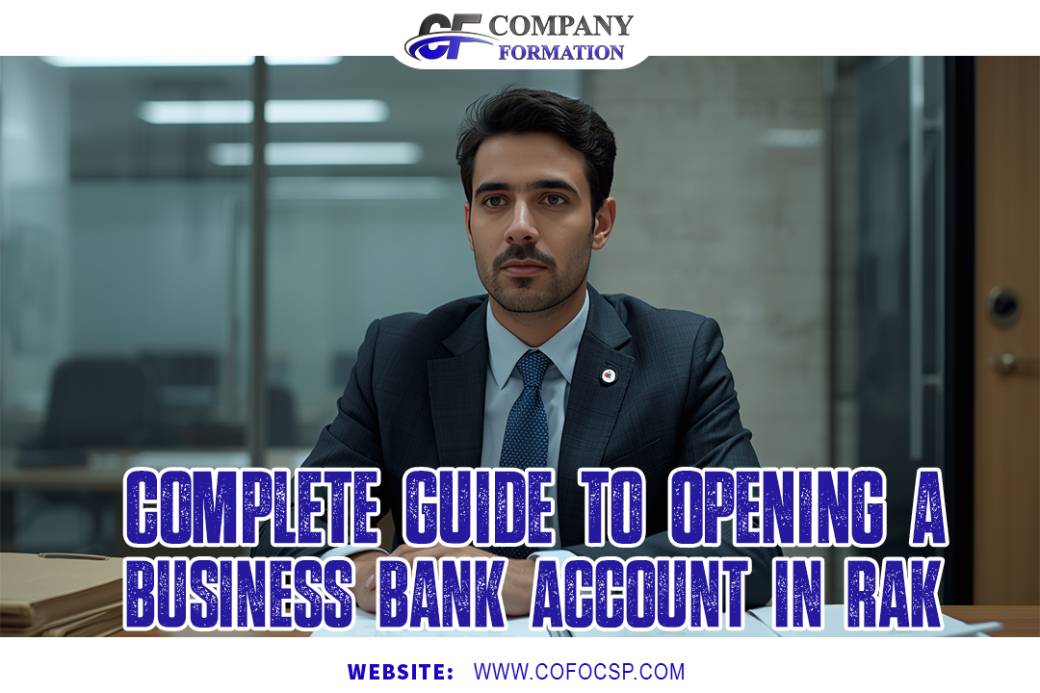E-Commerce Business in Dubai | Your Gateway to a Thriving Online Business
Ready to launch a business in a city that’s practically rolling out the red carpet for entrepreneurs? Setting up an e-commerce business in Dubai means securing a Dubai trade license, choosing between a free zone or mainland company, and registering with the Department of Economic Development (DED) or a free zone authority like Dubai Silicon Oasis. You’ll need to comply with UAE e-commerce regulations, integrate secure payment gateways, and optimize logistics for fast delivery. With tax-free zones, sky-high internet penetration, and supportive government policies, Dubai is a profitable paradise for online businesses aiming to scale globally.
How to Set Up an E-Commerce Business in Dubai?
Want to ride the wave of the booming digital marketplace? Dubai, a fastest-growing business city, offers a strategic location, world-class infrastructure, and a business-friendly environment that make it a hotspot for digital commerce. Whether you’re a startup dreamer or a seasoned player eyeing a new market, Dubai’s e-commerce ecosystem has unparalleled potential. This guide covers everything you need to start a successful e-commerce business in Dubai, from securing a Dubai trade license to navigating legal obligations. By the end, you’ll have actionable recommendations to launch your online store in this vibrant digital marketplace.
Why Choose Dubai for E-Commerce?
Dubai isn’t just a glitzy skyline—it’s a global e-commerce powerhouse aiming to dominate digital retail. Its conducive business climate and cutting-edge technologies attract entrepreneurs like bees to honey. Here’s why Dubai is the top destination for your online business:
A. Strategic Location
Dubai’s position as a global commerce hub connects East and West, making it a center for e-commerce. Want to sell to Asia, Europe, or the Middle East? Dubai logistics infrastructure and cross-border e-commerce capabilities give you access to a global market effortlessly.
B. Supportive Government Policies
The UAE government is doubling down on e-commerce growth with initiatives like the Dubai E-Commerce Strategy, which fuels rapid sector expansion. These policies make it cost-effective to register, operate, and scale your online business. The Dubai Chamber of Commerce reports the UAE e-commerce market will hit $8 billion by 2025, signaling a fast-growing hub.
C. High Internet Penetration
With 99% internet penetration and a tech-savvy population, Dubai’s online shoppers are always ready to buy. Mobile commerce dominates, with 70% of UAE consumers using mobile apps for purchases, craving convenience and fast delivery. This ensures your digital storefront reaches a customer-centric audience.
D. Tax Benefits
Who doesn’t love tax-free zones? Dubai offers no income tax and low-cost business setups, making it a profitable choice for investors. These tax benefits let you reinvest profits to grow your e-commerce venture.
Steps for E-Commerce Business Setup in Dubai
Ready to start your e-commerce journey? Follow these simple steps to launch a scalable, user-friendly online store in Dubai:
Step 1: Choose Your Business Activity
Decide what products or services you’ll sell online—think fashion e-commerce, electronics, or halal products. Your business activity shapes licensing requirements and guides market research. Understand UAE consumer preferences to tailor your offerings.
Step 2: Choose Between Free Zone or Mainland Company
Pick your jurisdiction: a free zone company setup or a mainland company formation. Free zones like Dubai Internet City offer 100% foreign ownership and tax exemptions, perfect for cost-effective startups. Mainland setups, via the DED, allow direct trading in the UAE market for broader reach. Compare free zone vs mainland to match your business model.
Step 3: Register with a Dubai Trade License
Secure a Dubai trade license for e-commerce through the DED or a free zone authority. This legal requisite ensures compliance and builds customer trust. Choose the right license type (details below) based on your online retail goals.
Step 4: Complete Business Registration
Submit passport copies, a business plan, and application forms to finalize registration. This locks in your legal status, letting you operate confidently in Dubai’s digital marketplace.
Step 5: Build Your E-Commerce Platform
Create a user-friendly platform—a website or mobile app—that complies with UAE laws. Optimize for mobile commerce and offer Arabic-language support to resonate with UAE customers. A seamless user experience drives customer retention.
Step 6: Set Up Secure Payment Gateways
Integrate secure payment gateways like Telr, PayFort, or Stripe for hassle-free transactions. Security is a trust signal that converts clicks into sales. Compare PayPal vs Stripe for UAE-specific features like local currency support.
Step 7: Optimize Logistics and Warehousing
Partner with third-party logistics (3PL) providers to streamline delivery and manage inventory. A fast, reliable supply chain ensures timely product delivery, boosting customer satisfaction in Dubai’s competitive market.
Dubai Trade License for E-Commerce
A. Importance of a Trade License
A Dubai trade license isn’t just bureaucracy—it’s your legal shield and credibility booster. It ensures you operate legally, protects your brand, and signals trustworthiness to online shoppers, especially for niche markets like luxury e-commerce.
B. Types of Licenses
- E-Trader License: Ideal for home-based entrepreneurs or social commerce sellers on Instagram. Issued by the DED, it’s cost-effective at ~AED 5,750.
- Portal License: For online marketplaces like Noon or Amazon UAE, connecting buyers and sellers.
- Commercial License: For enterprise-level businesses blending online and offline retail, starting at ~AED 25,000.
C. Licensing Authorities
Get your license from the DED for mainland setups or free zone jurisdictions like Dubai Silicon Oasis or Dubai Internet City. Each offers unique benefits, like tax exemptions or networking opportunities via the Dubai Chamber of Commerce.
Benefits of Dubai Online Business Setup
A. Access to a Global Market
Dubai’sstrategic location and logistics infrastructure make selling to global customers a breeze. Cross-border e-commerce opens doors to market expansion.
B. Cost-Effective Solutions
Free zones offer low-cost business spaces and tax benefits, reducing setup costs. This makes Dubai a profitable choice for SMEs and startups.
C. Enhanced Credibility
A registered e-commerce business builds consumer confidence. Halal compliance and Arabic support further enhance brand reliability in the UAE market.
D. Networking Opportunities
Dubai’s active business community offers endless partnerships. Join Dubai Chamber of Commerce events to connect and grow your e-commerce venture.
Challenges and Solutions
A. Regulatory Compliance
Navigating UAE regulations can feel like a desert maze. Solution: Hire professional consultants to streamline compliance and avoid penalties.
B. Competitive Market
Dubai’s e-commerce scene is cutthroat. Solution: Differentiate with unique branding, SEO, and social media campaigns to stand out.
C. Technological Infrastructure
Keeping up with tech demands is tough. Solution: Invest in advanced technologies like data analytics to enhance client service and stay innovative.
Guidelines for a Successful E-Commerce Business in Dubai
A. Conduct Thorough Market Research
Understand UAE consumer behavior—like their love for mobile-first shopping and halal products—to strategize effectively. Customer knowledge drives targeted offerings.
B. Leverage Social Media
Use Instagram and Facebook for cost-effective marketing. Social commerce boosts brand visibility in Dubai’s tech-savvy market.
C. Focus on Customer Experience
Deliver high-quality services with Arabic-language options and fast delivery. A seamless shopping experience ensures loyalty and repeat business.
D. Stay Updated on Trends
Track e-commerce trends like mobile-first strategies or sustainable e-commerce. Staying current keeps you competitive in Dubai’s digital marketplace.
Frequently Asked Questions: E-Commerce Business Setup in Dubai
Q1. What are the first steps to starting an online business in Dubai?
Begin your Dubai online business setup by defining your business activity—what products or services will you sell? Then, choose between a free zone company (e.g., Dubai Silicon Oasis) for 100% foreign ownership or a mainland company via the DED for direct UAE trading. Market research into UAE consumer preferences is key to strategize effectively.
Q2. How do I get an e-commerce license in Dubai and what does it cost?
A Dubai trade license for e-commerce is mandatory to operate legally. Options include:
- E-Trader License: For home-based or social media sellers, issued by the DED (~AED 5,750).
- Portal License: For online marketplaces like Noon.
- Commercial License: For large-scale retail, starting at ~AED 25,000.
Costs depend on jurisdiction. Contact the DED or free zone authority for a detailed quote to plan your business setup cost.
Q3. Can a foreigner own 100% of an e-commerce business in Dubai?
Yes! Foreigners can own 100% of an e-commerce business in Dubai’s free zones, like Dubai Internet City, without a local partner. This supportive government policy makes Dubai a top destination for international entrepreneurs targeting a global market.
Q4. What are the main requirements for a Dubai online business setup?
You need a trade license, a user-friendly e-commerce platform (website or mobile app) with Arabic support, and secure payment gateways like Telr or Stripe. Partner with 3PL providers for efficient logistics and fast delivery. Submit passport copies and a business plan for registration. Consumer trust is critical for success.
Q5. Why is Dubai considered a top destination for e-commerce?
Dubai’s strategic location bridges global markets. Its 99% internet penetration and mobile-first consumers ensure accessibility. The Dubai E-Commerce Strategy and tax-free zones offer profitable setups. World-class infrastructure and networking opportunities via the Dubai Chamber of Commerce make it a thriving hub for digital commerce.
Conclusion
Launching an e-commerce business in Dubai is like planting a seed in the booming digital marketplace. From securing a Dubai trade license to building a scalable platform, every step unlocks unparalleled opportunities. Dubai’s tax benefits, strategic location, and supportive policies create a business-friendly environment for SMEs and global brands. Tackle challenges like regulatory compliance and competition with smart strategies. Leverage social media, optimize for customer experience. Ready to conquer the UAE market? Dubai’s e-commerce ecosystem is your launchpad!
Company Formation Corporate Service Provider: The expert choice for strategic counsel on business setup and ongoing corporate compliance.









